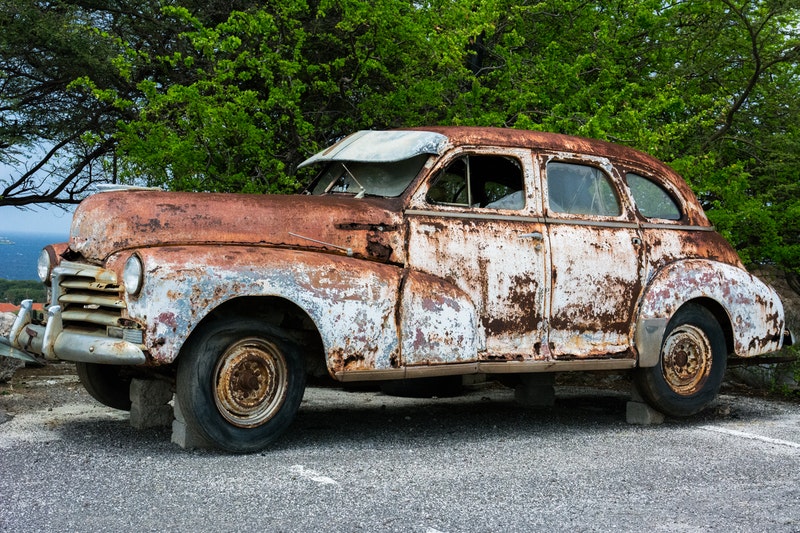Clocking
This is known as ‘clocking’. Reducing the mileage on a vehicle – according to the data company HPI – increased by 25% between the years 2014 and 2016. Due to the higher average values of cars with lower mileages, clocking costs motorists an estimated £800 million a year. With so many cars thought to have been clocked, it is possible that any used car you might buy does not have an honest record of its mileage.
Prevalence
The Local Government Association (LGA) represents 370 councils in England and Wales. They are warning that people are not aware enough of the prevalence of clocking in the UK. It is not currently illegal in the UK to alter an odometer’s mileage. However, it is illegal to sell a vehicle that has been clocked without disclosing it.
The LGA say that more needs to be done to ensure that people are aware of this potential fraud. With so many potentially fraudulent cars for sale, it is worth taking time to learn how to spot where the mileage might have been changed.
The RAC recommend that you check the service history of any car you consider purchasing. In the service history there should be a record of the mileage every time the car gets a service. With the recommended time between services being every 12 months, you should be able to get an accurate picture of whether there are any irregularities.
Checks
While it is difficult, it is also possible to spot electrical irregularities in a car. If the electrical odometer has been clocked, it will likely have a suite of electrical issues as a result. You can also check that the mileages are consistent between your viewings of the vehicle. Some sellers might return the vehicle to its genuine mileage on further viewings, assuming you will not notice.
Incorrectly reporting your car’s details – even if you are unaware of it – can put your insurance policy in danger. Make sure that you find out the real mileage of your car when you purchase an insurance policy.
Preserving the value of your car – whatever mileage it has done – is an essential companion to insuring it. GAP Insurance protects the value of your car over the long term. GAP Insurance Today specialise in providing GAP Insurance, even to older cars. Get a quote today.

